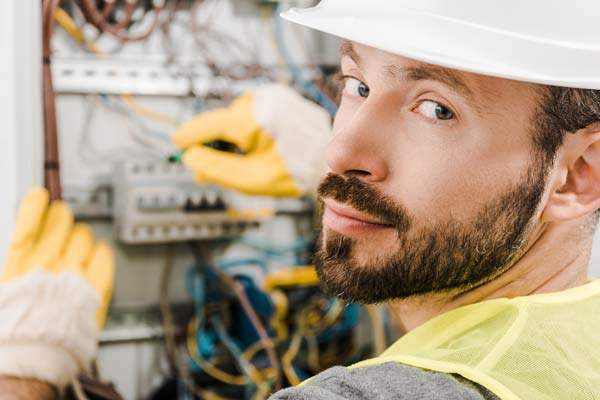Self-consumption
SHARE
Home automation
Due to the constant growth of electricity tariffs and the sustained fall in the price of photovoltaic installations, the French are investing en masse in solar energy for their own consumption. Self-consumption of energy should reach parity with the grid by 2020. Decrypting.
To face the difficulties of market, in particular related to the advent of renewable energies, EDF wishes an increase of the tariffs of 2,5 % per annum until 2019. This would be in addition to the 2.5% increase that came into effect on 1 August. The answer of the State, the only judge in the matter, remains pending... but in any case, the bill is now salty for the consumers! According to an IFOP - Qualité EnR survey conducted in January 2014, a third of French people intend to equip their homes with a renewable energy system, for both financial and ecological reasons.

Between 20 and 30% savings

Two types of self-consumption can be distinguished. The first type concerns autonomous systems for houses and buildings not connected to the local electricity grid. In this case, the owner of the building consumes only the energy produced by the photovoltaic panels, and the surplus can be stored in specific batteries. This type of installation remains fairly confidential, mainly because of its high cost.
To date, self-consumption is primarily a way of reducing electricity bills. In this second configuration, where the building is connected to the local electricity network, the owner consumes the energy produced by the solar installation during the day and reinjects the surplus into the local network, which supplies it in the evening and at night. In addition, numerous options allow for load shifting (programming of household equipment during off-peak hours) and storage of electricity in the hot water tank. Or how to reduce your electricity bill by 20 to 40%!
Clean and renewable energy
The investment is all the more profitable as a photovoltaic installation for self-consumption does not require the integration of panels on the roof, but on the ground, and the life span of photovoltaic panels is between 25 and 30 years. Before taking the plunge, seek professional advice to determine which type of installation is best suited to your needs (and your budget!) and to help you with the administrative procedures involved.
Beyond all economic considerations and long-term financial vision, self-consumption is a positive step in the face of the major ecological challenges we are facing. A profound change in our consumption habits is inevitable if we want to pass on a serene world to future generations! Joining this new way of producing and consuming marks your independence and autonomy, your entry into a true sustainable development approach. Unlike the electricity produced by nuclear and other power stations and distributed by various suppliers, solar installations produce clean and renewable energy, respectful of nature and the environment around you.

Network parity in France

In some parts of the world, such as California and Japan, where there is a combination of high sunshine and high electricity prices, the cost of photovoltaic production is equal to or even lower than the selling price of conventional electricity. This is known as grid parity. Although France and its European neighbours are poor performers, the gap should be closed by 2020.
According to the European Photovoltaic Industry Association (EPIA) and AT Kearney, the cost of producing a photovoltaic kWh should be halved, while the price of electricity distributed by suppliers will increase. Grid parity should thus appear as early as 2015 in the south of France for non-integrated photovoltaic systems, as early as 2016 on half of the territory for small systems and before 2020 for all market segments.
Home automation for my house
How does it work?
Testimonial from a client H2E
Need help ?
Benefit from free advice from one of our technicians


from 8h30 to 12h30, Monday to Friday except Wednesday
